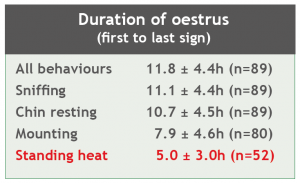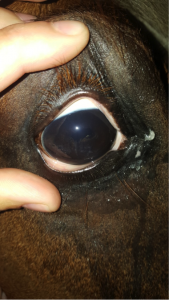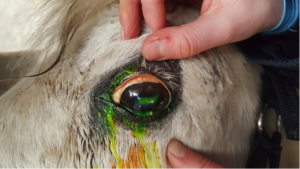Hot temperatures and high humidity can lead to heat stroke in horses.
Heat stroke is a condition that occurs when a horse is unable to lose body heat and its body temperature increases rapidly, which can lead to the respiratory, vascular, nervous and muscular systems to stop working as normal. Therefore, heat stroke must be treated promptly and properly.
Symptoms
Heat stroke may start as dehydration or heat exhaustion, with heat stroke rapidly following:
[checklist icon=”fa-arrow-circle-right” iconcolor=”#39aa87″ circle=”yes”]
- Restlessness/Lethargy
- Rapid pulse and breathing which may progress to a weak pulse
- Heavy breathing
- Increased sweating
- Excessive salivation
- Redness of the tongue and oral area
- High body temperature
- Erratic heart beat
- Muscle spasms
- Stumbling gait
- Collapse
[/checklist]
Prevention
[checklist icon=”fa-arrow-circle-right” iconcolor=”#39aa87″ circle=”yes”]
- Taking caution not to expose the horse to hot and humid conditions.
- Ride in the morning or late evening, avoiding the hottest time of the day.
- Provide plenty of water.
- Provide shade/shelter.
- Avoid travelling the horse in the heat, unless there is adequate ventilation.
[/checklist]
Causes
Exposure to a very hot or humid environment, combined with inadequate ventilation, can lead to heat stroke. Other common causes include:
[checklist icon=”fa-arrow-circle-right” iconcolor=”#39aa87″ circle=”yes”]
- High level of physical stress
- Excessive exercising
- Increased weight (obesity)
- Respiratory diseases
[/checklist]
Treatment
Time is of the essence when it comes to treating heat exhaustion.
If you suspect your horse is suffering from heat stroke, you must cool it down and ring your vet immediately who will advise you on what to do until they arrive.
Cold water should be applied to the skin, usually poured over the horse’s body. Also, fanning the horse and guiding it to a shady area will assist in cooling the animal.
Heat stroke indicates a severe loss of electrolytes, so intravenous electrolyte administration is often recommended as part of the treatment process for heat exhaustion.
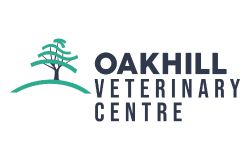
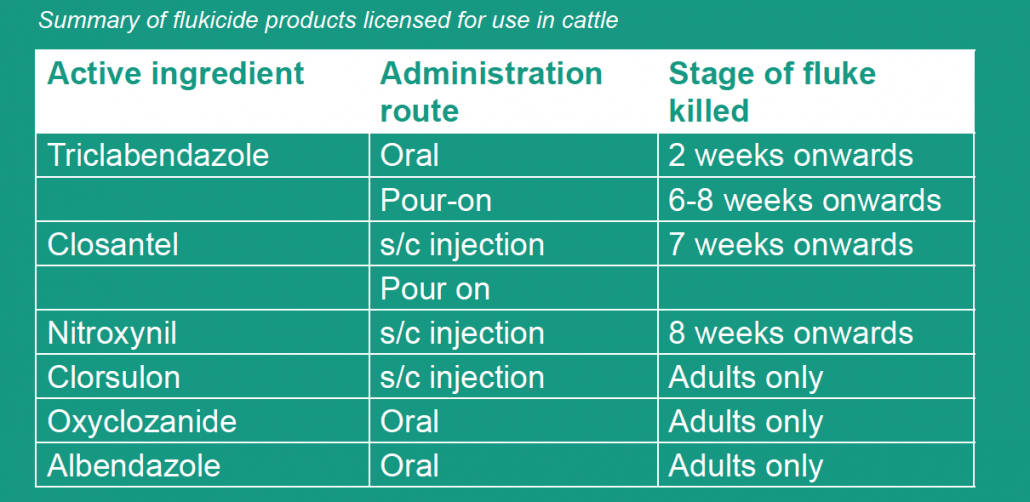
 Our Farm Team will be at this years Hodder Valley Show.
Our Farm Team will be at this years Hodder Valley Show.